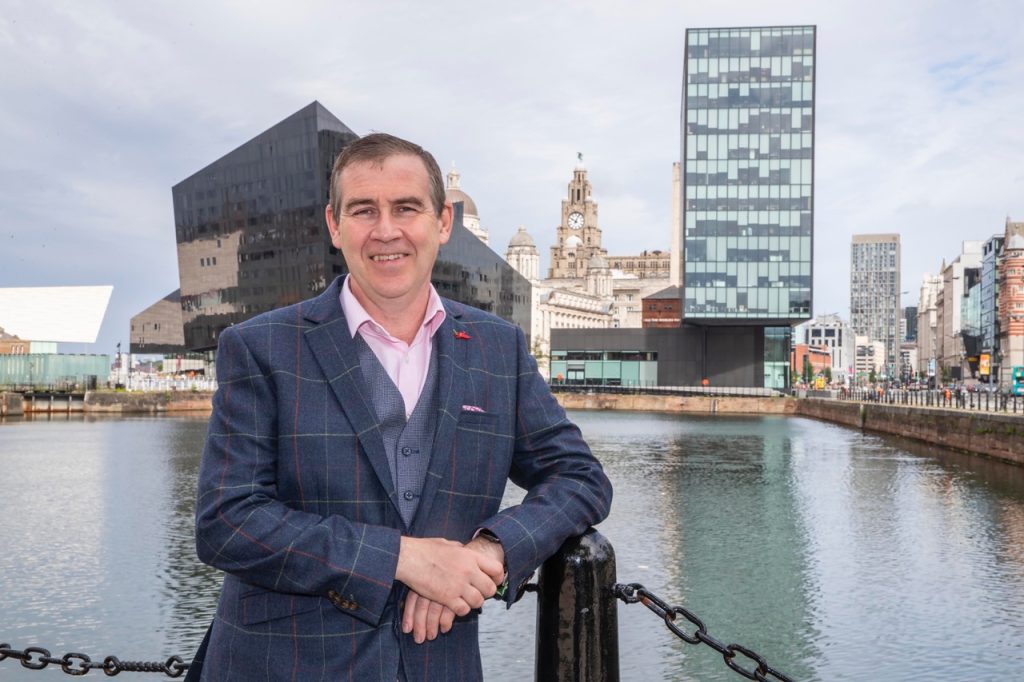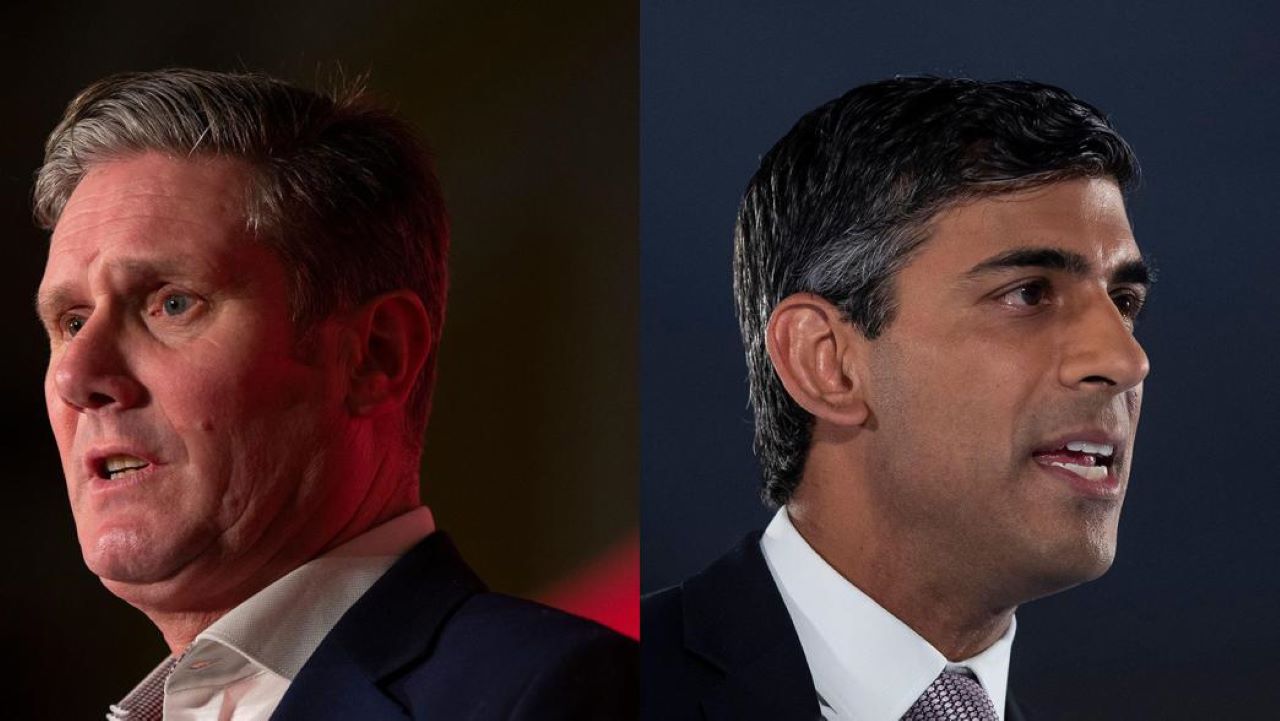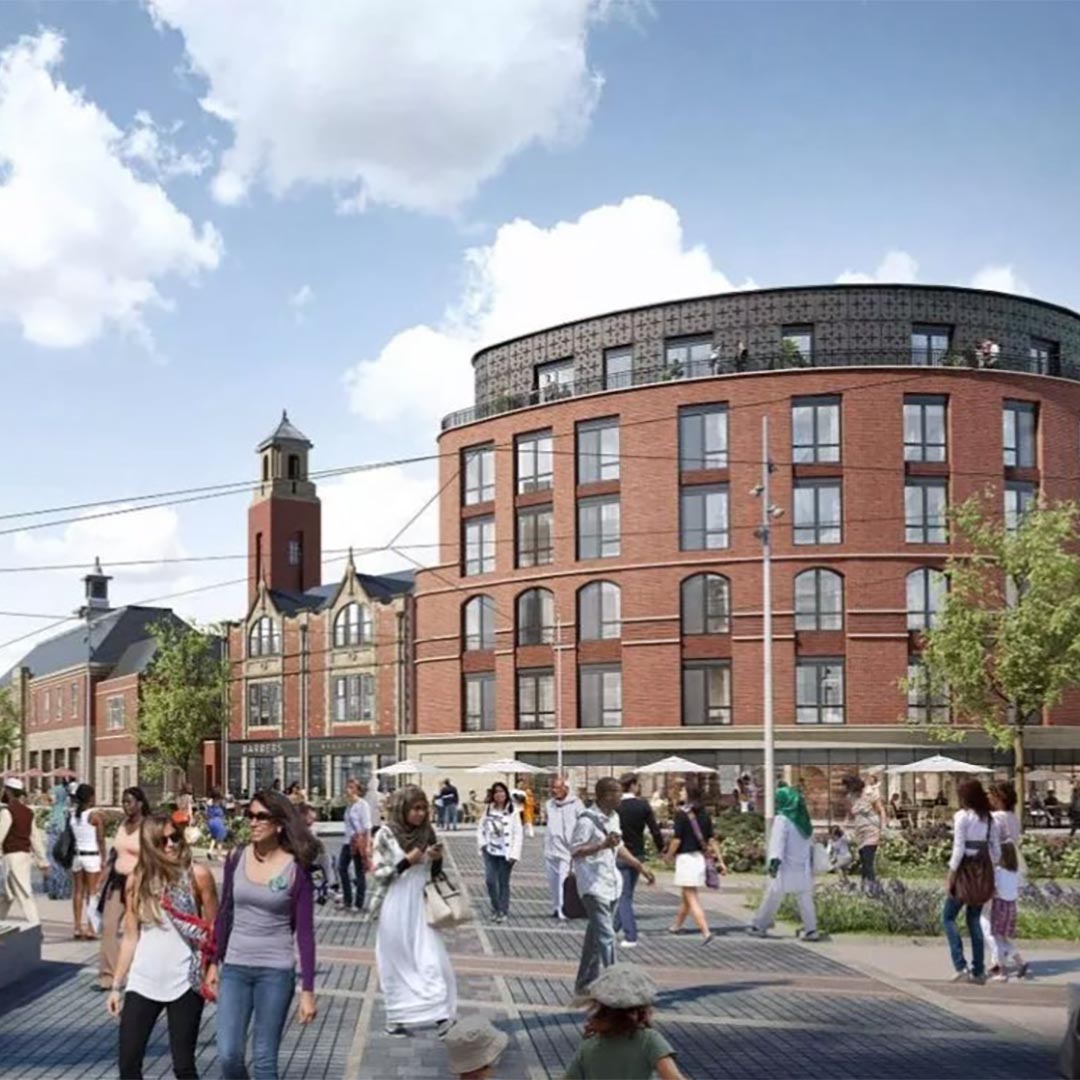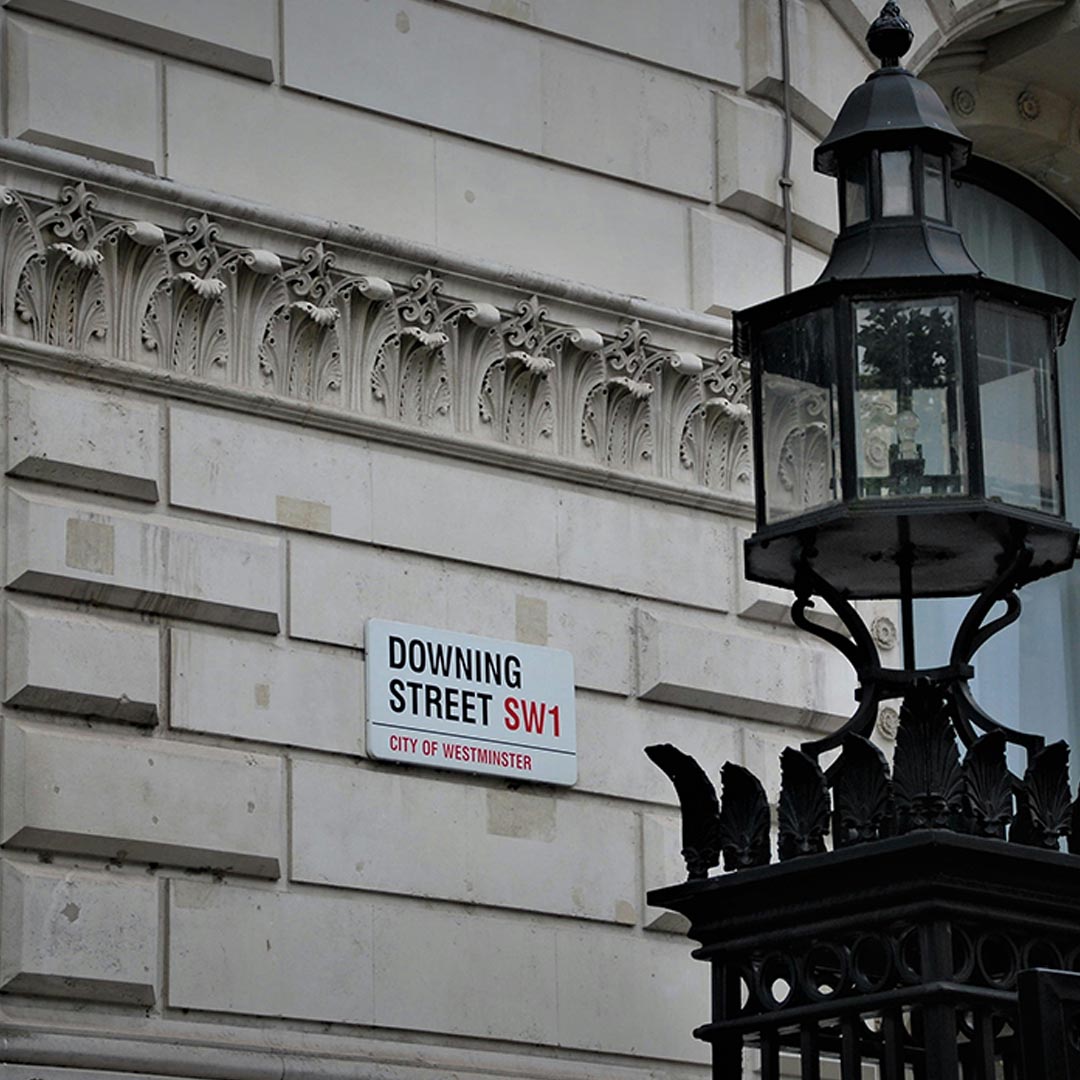Jen Fenner, co-founder and managing director, DefProc Engineering:

“Ahead of tomorrow’s general election, we’re pinning our hopes on the promises of more investment into green energy, increased support for businesses and more devolution that will empower regions and communities with what they truly need. We were disappointed by last year’s cancellation of the Redcar hydrogen town trial, this was a step back for the road to net zero, and although promises of Great British Energy and thousands of new clean power projects are exciting, I believe a large-scale project like this could further slow down progress; accelerating existing renewable energy projects is more efficient to meet the 2030 / 2050 carbon neutral targets.”
Jo Henney, CEO, Nugent:

”I want today’s result to mark the start of real change, but until we understand the full implications of funding and implementing the new policies, I don’t want to get my hopes up that there will be fast and lasting support for the social care sector. The more encouraging pledges include Labour’s Young Futures programme – early years intervention through increased youth workers, mental health support workers, career advisers and youth hubs, to create a sense of place, community, opportunity and support for future generations. No matter the outcome this week, our social care system is stretched to its limits; we are desperate for robust, sustainable policies to ensure long-term stability, which will protect the dignity and well-being of the most vulnerable people in society – temporary fixes or performative words will not.”
Sean Keyes, CEO, Sutcliffe:

“When the general election was announced in May I spoke about the three main topics that impact us as a business: housing, the economy and the NHS. As has been clear over the last six weeks, these issues resonate deeply with voters. The worsening housing crisis needs to be solved promptly, something I promise to hold the next government to account for as both parties have made promises to build more houses. That said, be it the miss-management of the NHS or the lack of investment in social housing, these issues directly impact people’s quality of life and so I hope that the new government, rather than seeing these issues as a political hot potato to pass around aimlessly, takes them seriously and prioritises them for the good of the nation.”
Simon Harris, CEO, Avrenim:

“A Labour victory appears increasingly likely, signalling a seismic shift in the country’s political landscape. Regardless of the election outcome, the next government must prioritise several key issues such as promoting economic growth and developing a coherent plan to reach net zero. Stability is crucial for all businesses, with the economy closely tied to it. Given that the FM sector contributes 3% to GDP, its role in the next parliament cannot be overlooked. Whether focusing on decarbonising large estates or delivering innovative buildings that benefit its occupants, facilities management needs to be recognised as a pivotal industry deserving of significant focus.”
Sophie Gilmore, Managing Director, HybridTec:

“Apprenticeships are always a major focus during an election campaign. I hope the next government continues to invest in apprenticeship programmes, as they are more desirable to the future generation and also older individuals looking to retrain, particularly in fields like renewable energy. With a Labour government likely to take office, I acknowledge its plans to better integrate both further and higher education as part of its strategy to raise standards for all young people. While I fully welcome this investment in young people, I eagerly await its approach to addressing the skills shortage.”









